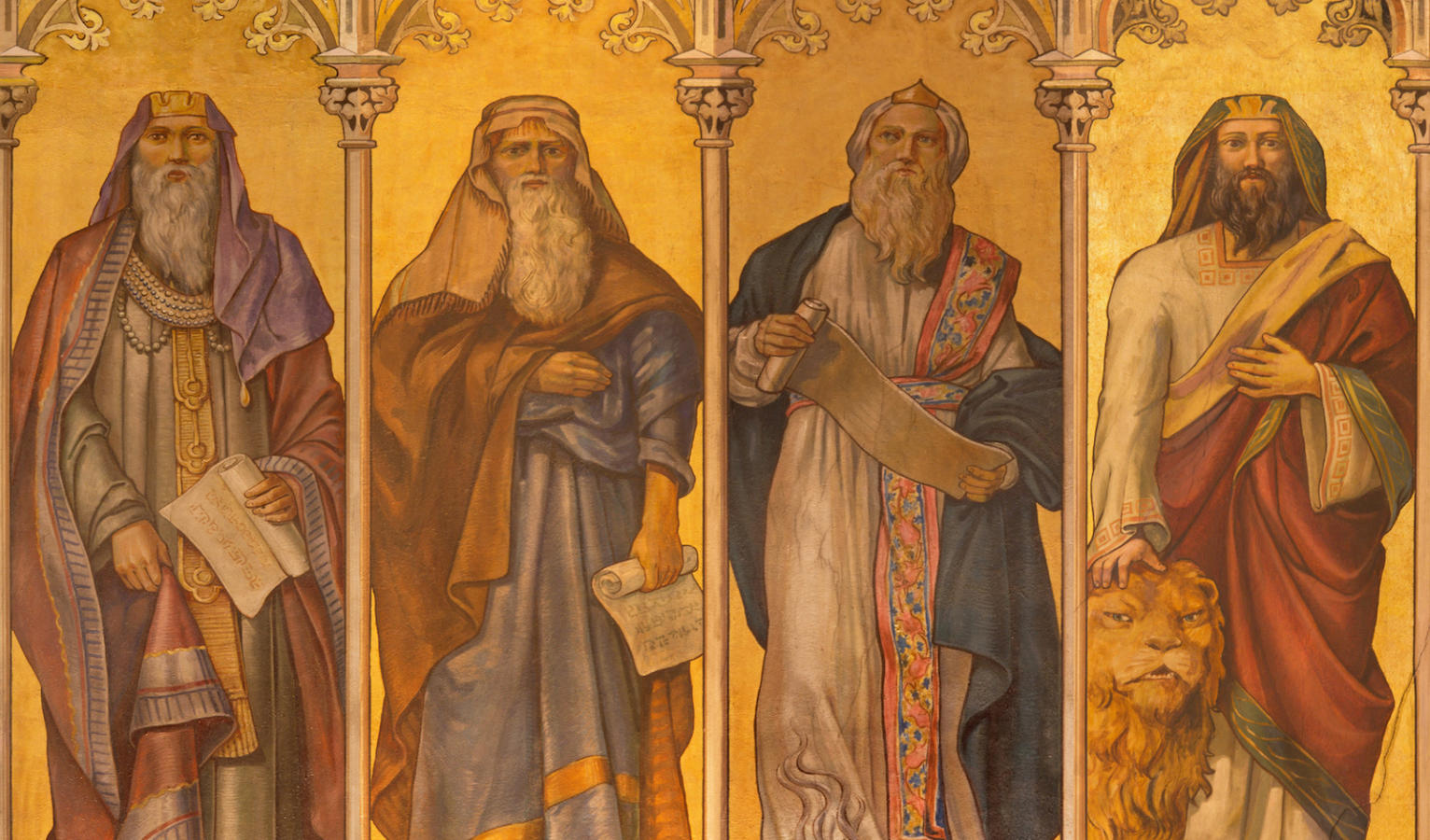Commentary on Parashat Bereshit, Genesis 1:1 - 6:8
This week’s Torah portion tells the story of the world’s creation, and the Haftarah provides its own sort of commentary on the Torah’s first portion. Isaiah introduces God at the beginning of this Haftarah as “the One who created the heavens and stretched them out, who made the earth and all that grows in it” (Isaiah 42:5).
But Isaiah doesn’t stop there. Instead, he draws a connection between creating the world to fulfill a specific task and creating the Israelites to fulfill their covenant. And he urges everyone to proclaim the glory of God: “Let the desert and the villages rejoice?let those who live in Sela sing out, and shout from the mountaintops!” (Isaiah 42:11).
Isaiah’s prophecy was delivered to a world in tumult. The Babylonians, who forcibly removed the Children of Israel from the Land of Israel around 605 BCE, were subsequently overthrown by other armies, and the Israelites hoped that they might be allowed to return to their country. God is coming, Isaiah tells them: coming “like a soldier in fury ready for battle?.Long enough have I held My peace, I have kept still and held Myself back. Now, I cry out like a woman in labor” (Isaiah 42:14).
The prophet then offers a description that is both frightening and thrilling–of God sweeping through the land in order to reclaim Israel for God’s people, destroying mountains and rivers, but also leading the blind and “guiding them along roads they have not traveled” (Isaiah 42:16).
The next verses suggest that it’s not physical blindness that Isaiah’s talking about, but spiritual blindness: “All who trust in idols and call metal things their gods shall fall back in shame” (Isaiah 42:17). He proceeds to rebuke the Israelites and blame them for their own exile: “Who gave Israel to the despoilers?” Isaiah asks. “It was none other than the Eternal” (Isaiah 42:24). But Isaiah’s focus is praise, not punishment, and he follows with a rejoinder to remind Israel of God’s promise of a better future: “Have no fear, for I will redeem you; I have called you by name, you are Mine” (Isaiah 43:1).
The Babylonian Exile, Isaiah says, was punishment for Israel’s sins. He continues, promising a safeguard through their hardships — “When you walk through fire, you shall not be scorched” (Isaiah 43:2) — promising an eventual redemption. “Have no fear,” Isaiah says, now speaking in God’s words in a speech that rises into a flurry of triumph, “I will bring your offspring from the east, I will gather you in from the west?.Be sure that I am God, and I alone can deliver you” (Isaiah 43:10-11).
Torah
Pronunced: TORE-uh, Origin: Hebrew, the Five Books of Moses.
Haftarah
Pronounced: hahf-TOErah or hahf-TOE-ruh, Origin: Hebrew, a selection from one of the biblical books of the Prophets that is read in synagogue immediately following the Torah reading.



